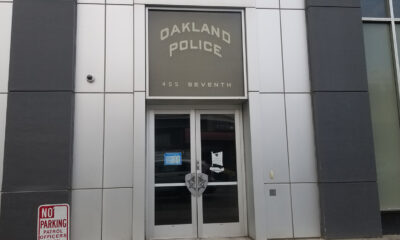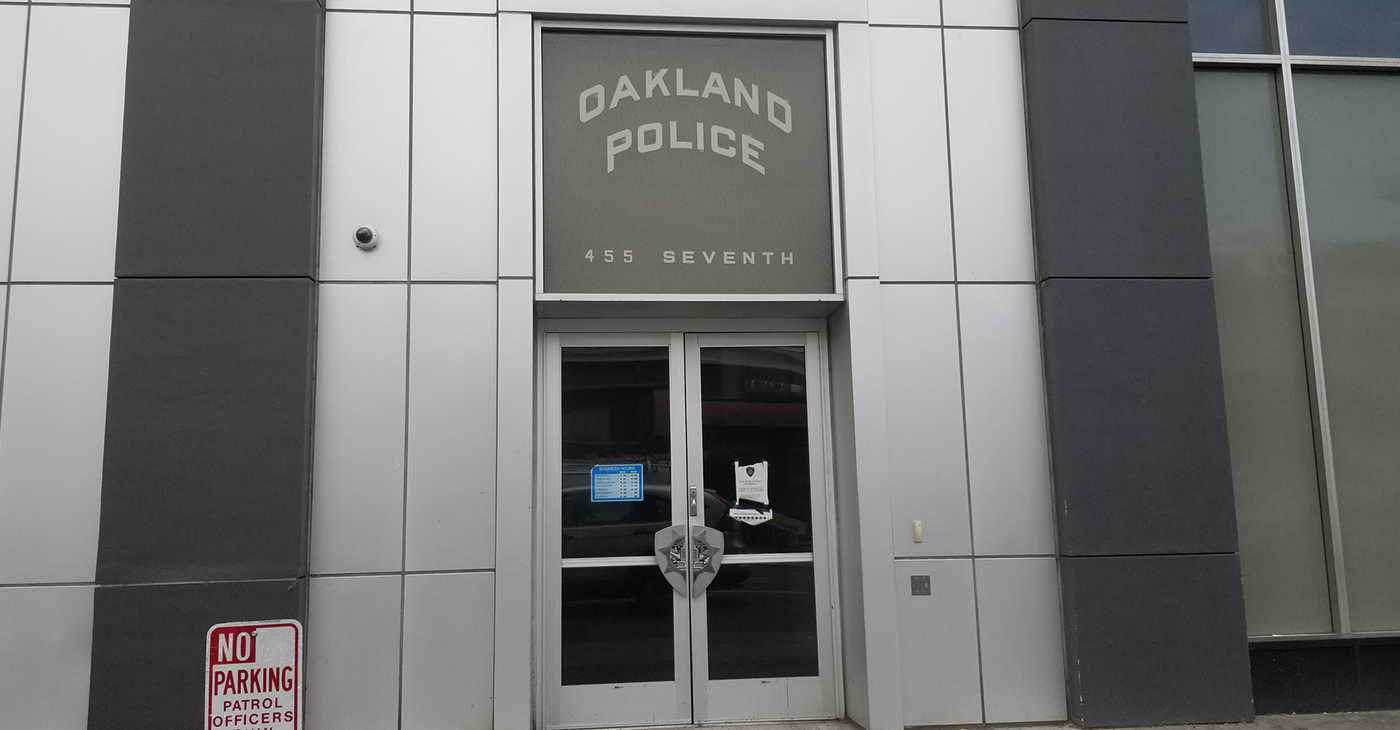California Black Media
Sen. Butler Marks First 100 Days in Office With Message and Meetings
U.S. Sen. Laphonza Butler (D-Calif.), a former labor organizer and advocate for women in politics, marked her first 100 days in office on Jan. 13.
Butler commemorated the occasion with a message to constituents and hosting two open houses in Los Angeles and San Diego for community members and youth organizations.

Bo Tefu
Trump’s White House Pushes to Control California Wildfire Recovery
The executive order signed Jan. 27 by President Donald Trump directs federal agencies to explore regulations that could override California and municipal permitting rules for homes and other structures destroyed in the fires. Land-use and rebuilding permits have traditionally been handled by cities and counties, making the move an unprecedented federal intervention into disaster recovery.
Bo Tefu
Gov. Newsom, AG Bonta to Local Law Enforcement: You Have Authority to Investigate Federal Agents
The guidance, released by the California Department of Justice (DOJ), emphasizes that local and state police have concurrent jurisdiction in cases involving federal officers and are not required to defer to federal investigations. The bulletin follows recent federal officer-involved shooting deaths in Minnesota and California.
Activism
Cracking Down on Human Trafficking, California DOJ Announces 120 Arrests
According to the California DOJ, 87 arrests were made for loitering, 25 for solicitation, and eight for pimping and pandering. Officials said the operation focused on reducing demand for commercial sexual exploitation while prioritizing a survivor-centered approach.
-

 #NNPA BlackPress4 weeks ago
#NNPA BlackPress4 weeks agoJefferson County (AL) Democrats Open Qualifying for 2026 Primary Elections
-

 #NNPA BlackPress4 weeks ago
#NNPA BlackPress4 weeks agoCOMMENTARY: With Gratitude and Praise for 2026
-

 #NNPA BlackPress4 weeks ago
#NNPA BlackPress4 weeks agoSkater Emmanuel Savary Sharpens Routines for the 2026 U.S. Championships
-

 #NNPA BlackPress4 weeks ago
#NNPA BlackPress4 weeks agoFrom Civil Rights to ICE Raids, Trump’s Unchecked Power Puts Every Community at Risk
-

 #NNPA BlackPress4 weeks ago
#NNPA BlackPress4 weeks agoFrom Civil Rights to ICE Raids, Trump’s Unchecked Power Puts Every Community at Risk
-

 #NNPA BlackPress3 weeks ago
#NNPA BlackPress3 weeks agoOP-ED: The Dream Cannot be Realized Without Financial Freedom
-

 #NNPA BlackPress4 weeks ago
#NNPA BlackPress4 weeks agoTravis Scott Teaches Us How to Give Forward
-

 #NNPA BlackPress3 weeks ago
#NNPA BlackPress3 weeks agoFour Stolen Futures: Will H-E-B Do The Right Thing?


























































